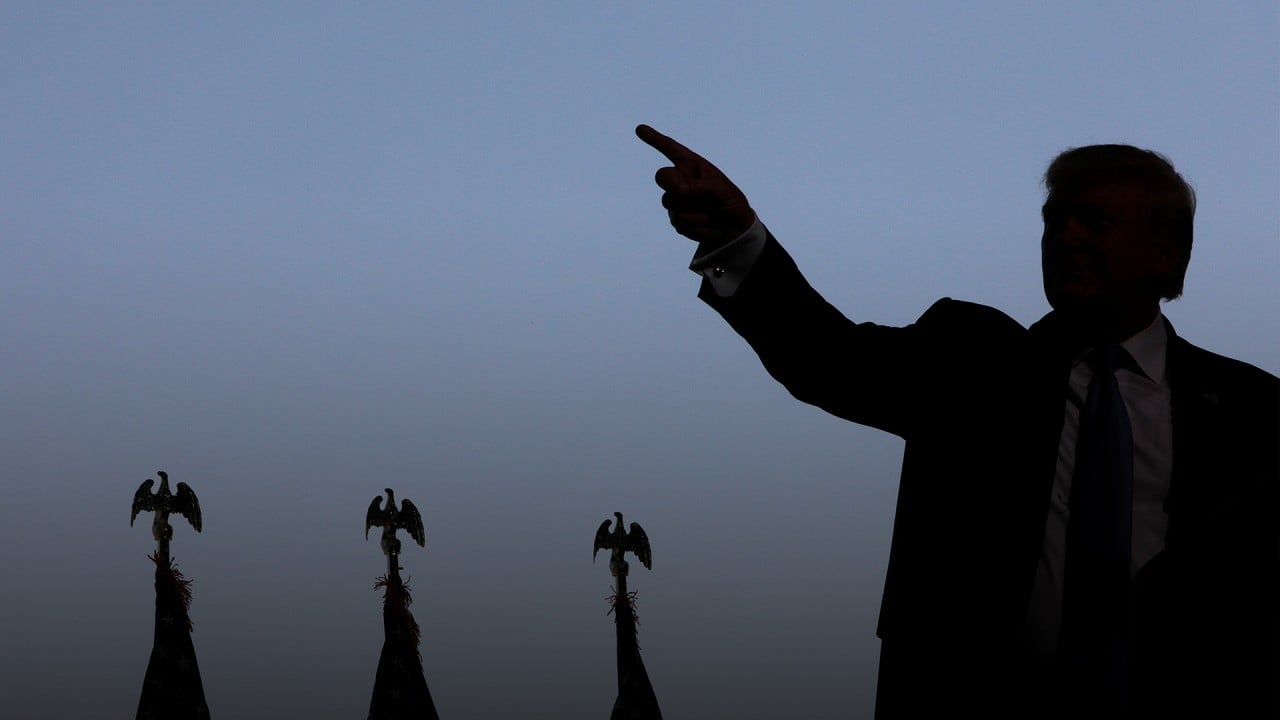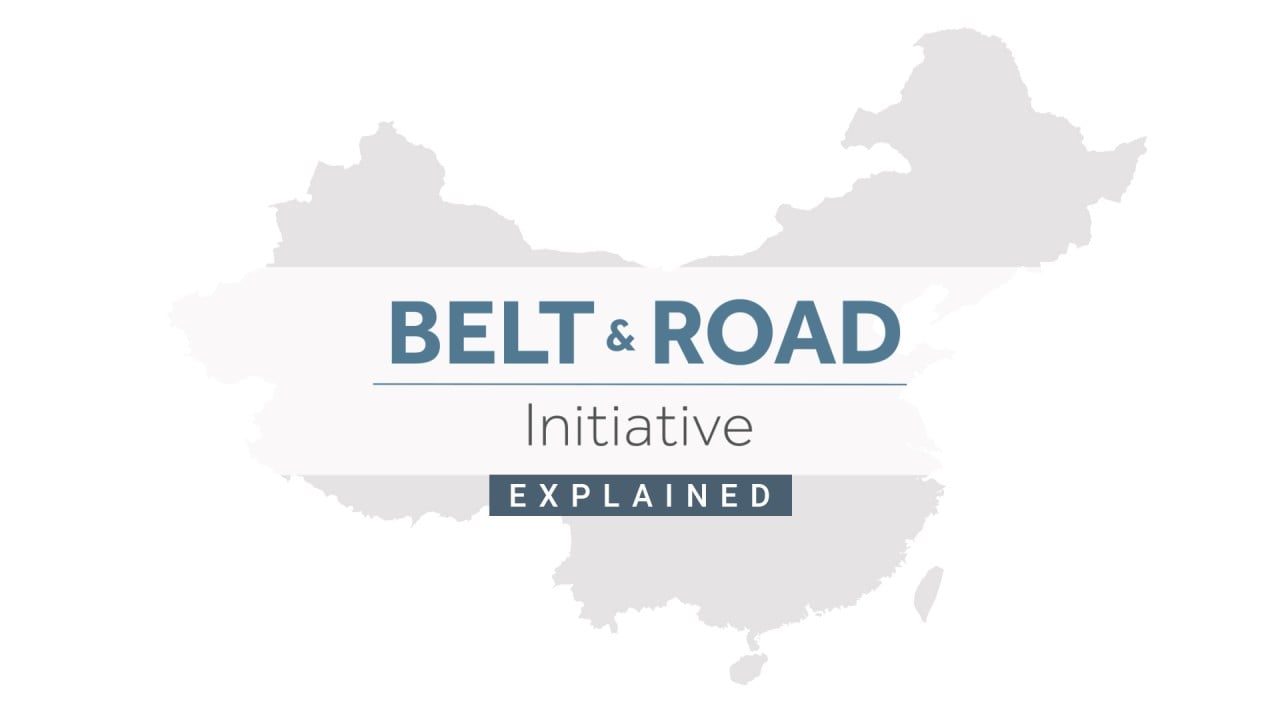
Why the US footprint in Asia looks set to shrink
- The blow to globalisation dealt by the coronavirus will be exacerbated by US presidential candidates running on protectionist platforms. The result may be a reduction of American influence in Asia, with China gaining ground
Two events are shaking up the global order. The first is the coronavirus, which is raging across nations worldwide, leaving in its wake sealed national borders, major disruptions to trade routes and supply chains on life support.
According to the US Census Bureau, the total value of imports to the US from China, Japan and South Korea declined by around 17 per cent for the first half of 2020 compared to that of 2019. In some cases like Singapore, the historical trade surplus with the United States has become a deficit.

01:22
US-China trade talks postponed as Trump says he does not want to talk to China
The coronavirus hammering global trade and both US presidential candidates capitalising on xenophobic public opinion with protectionist platforms make for a volatile global order. The combination of these events signals a turn away from globalisation towards regionalism in the Asia-Pacific, led by a strengthening China and a retreating US.
Combined, these trends could signal a shift in Asia from the US dollar to the Chinese renminbi as an international reserve currency, whose digitalisation promises lower transaction costs, faster transaction times and lower foreign currency exposure risks owing to sudden currency fluctuations.

02:35
Belt and Road Initiative explained
Asia-Pacific trade will also pivot more towards China as it gains greater leverage in regional dealings. For instance, in June, South Korea’s exports to the US and Canada declined by 8.3 per cent and 27.4 per cent respectively year on year, in addition to further falls to most of Europe, Oceania, Asia, and Africa.
South Korea’s exports increased to a select few countries only, with China at the top, with growth of around 9.6 per cent, making it South Korea’s largest trade partner. Its exports to China were nearly double those to the US. China is also a leading export destination for other countries in the region, such as Japan.
Trade talks ‘only point of light’ keeping US-China ties from imploding
Thus, the US president, whether that is Trump or Biden, will be preoccupied with the daunting challenges of repairing the economic and social damage wrought on the country and its position in the world.
In 1960, then-British prime minister Harold Macmillan said in his famous Wind of Change speech before South Africa’s Parliament: “The wind of change is blowing through this continent. Whether we like it or not, this growth of national consciousness is a political fact.” What followed was a tectonic shift in the world order as African nations shed their colonial chains.
The events of 2020 have invited winds of change not felt in decades. They have also stimulated a new consciousness on both sides of the Pacific, towards a vision of an Asia-Pacific with a smaller American footprint.
Anson Au is a PhD candidate in sociology at the University of Toronto


